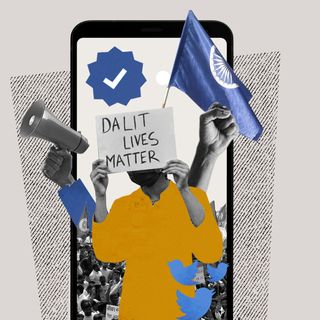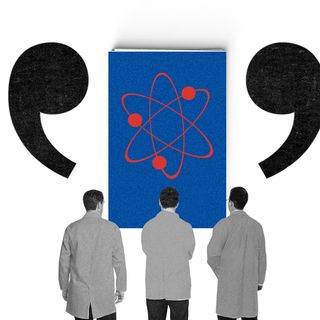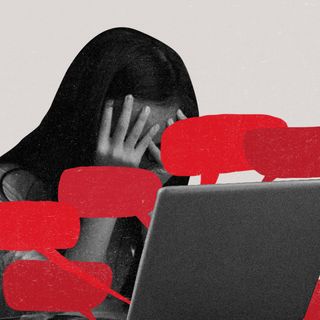Great power comes with great responsibility, but it also merits the necessity for empathy and kindness. However, the latter requirements are easier said than practiced, according to new research that explains why people in advantageous positions often lack empathy for those in “low-power” positions.
Published in Social, Psychological, and Personality Sciencejournal, the study notesthat people in positions of power are more likely to blame subordinates forshortcomings, punish othersmore often, and are relatively at peace with structuralinequality. This is because of a “choice mindset,” where they believe others have the same number of choices and the freedom to exercise them as much as someone in power does.
While these findings are in line with popular perceptions around the megalomania of the powerful, their interpretation and use can help facilitate better communication between those in structurally advantageous positions and those who are not. Further, this study also paves the way to explore more about the ideological roots of those in power — that prompts them to create and justifyperceptions of the world around them.
Researchers conducted three studies to reach these findings. The first involved a survey that allowed people to choose if an administrative assistant deserved a bonus even if they missed a deadline. The second study sorted individuals into supervisors and subordinates in order to judge a candidate that made mistakes while completing a task. The third involved similar conditions as the second study, but study participants were told they were judging a subordinate.
Results of all three studies showed that those who “supervised” or had more power were likely to be harsher in their judgments of candidates and with the punishment devised for making mistakes. Overall, they concluded there was a lack of empathy and understanding.
Related on The Swaddle:
Study: Public Praise Encourages Women to Lead in Male‑Dominated Fields
One of the reasons why people in power didn’t empathize with their subordinates was the choice mindset. “Being in a choice-mindset changes how individuals think, feel and behave,” Yidan Yin, the first author of the paper and recent Ph.D. graduate from the University of California (San Diego), said in a statement.
Those in power had more choices than their subordinates by virtue of their power, but still believed their subordinates had the same choices. “Compared to low-power people, high-power people are less likely to be aware of others’ constraints. As a result, they assign more blame when people make mistakes or have shortcomings,” Yin said.
“Thus, they see the current hierarchy as more justified.”
Arguably, the inability to acknowledge and offer support for others’ constraints feeds into this cycle of power and inequality — where punishment and harsh behavior is normalized. For instance, “if you are in a position of power, you may assume people are choosing to stay home and not work and they can make better choices.”
This study’s implications thus extend from within the workspace to large-scale policy decisions, say researchers. “Policymakers are in a position of power and privilege and may be less sensitive to the disadvantages of their constituents,” the authors write.
“However, you may need to think much more carefully about how many choices citizens have and if you are missing constraints they face.”




